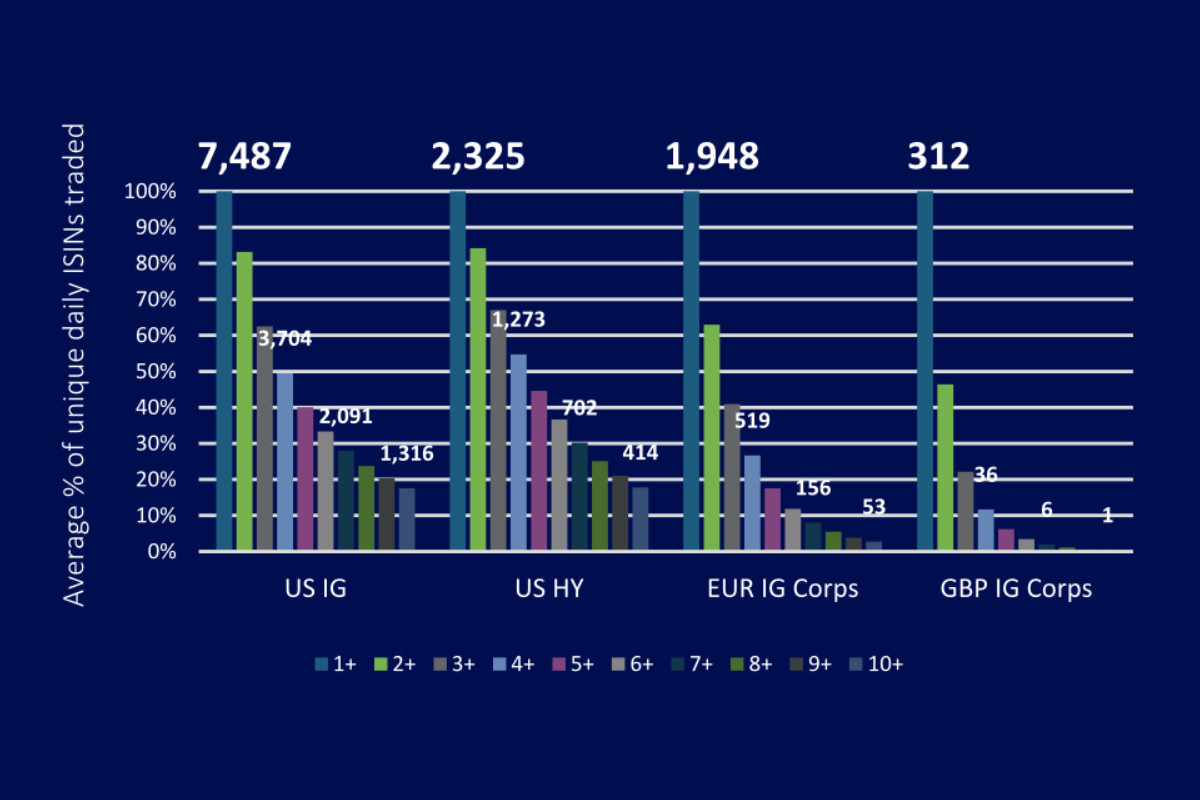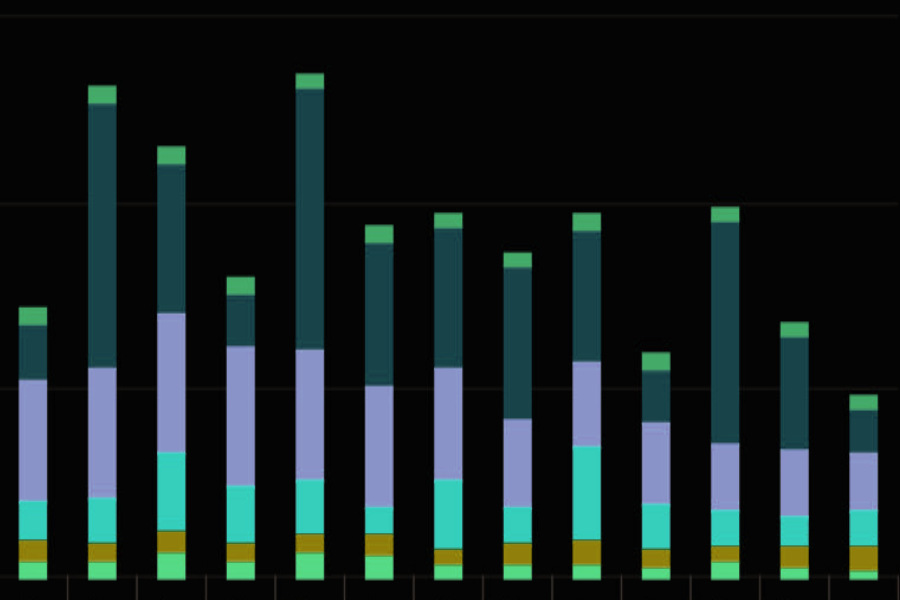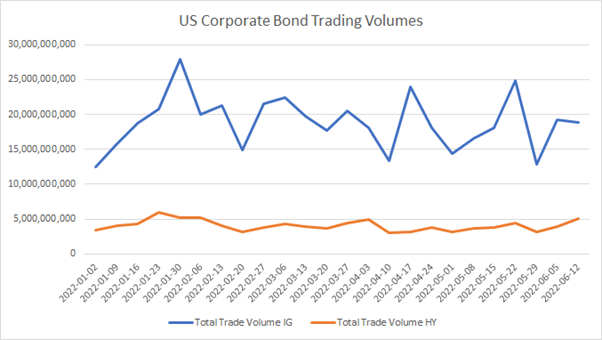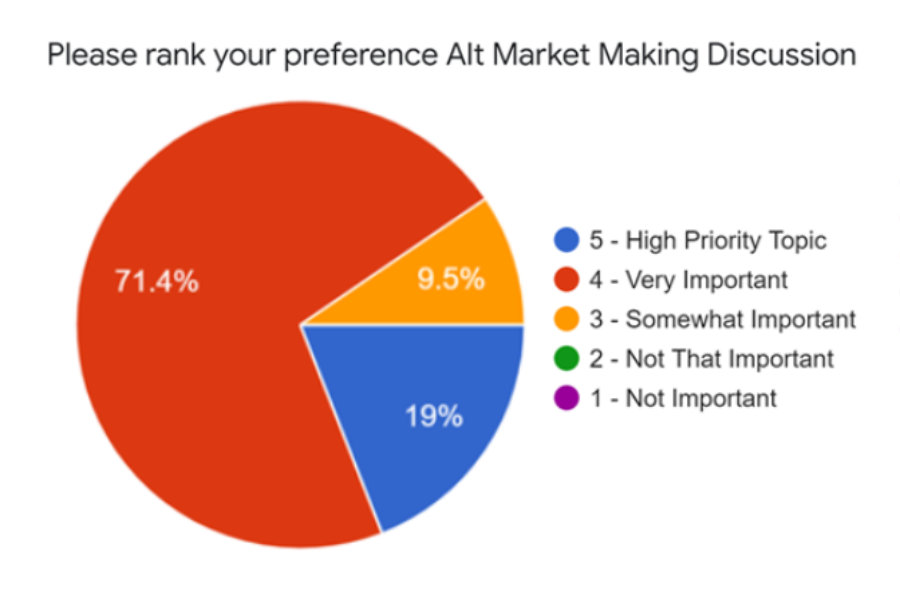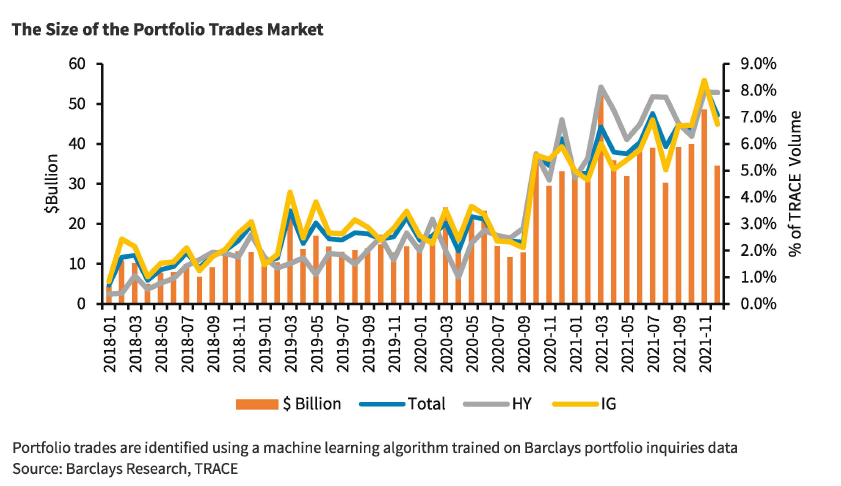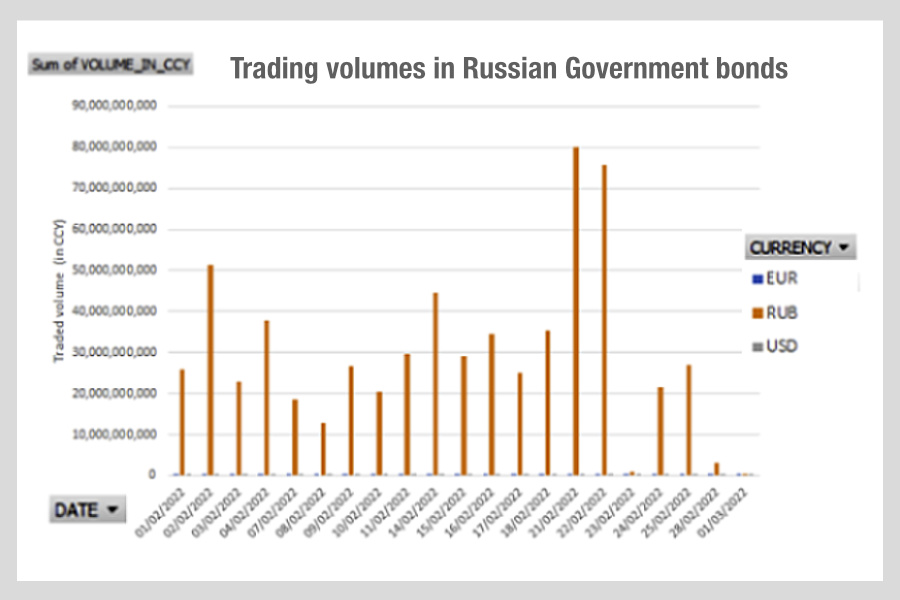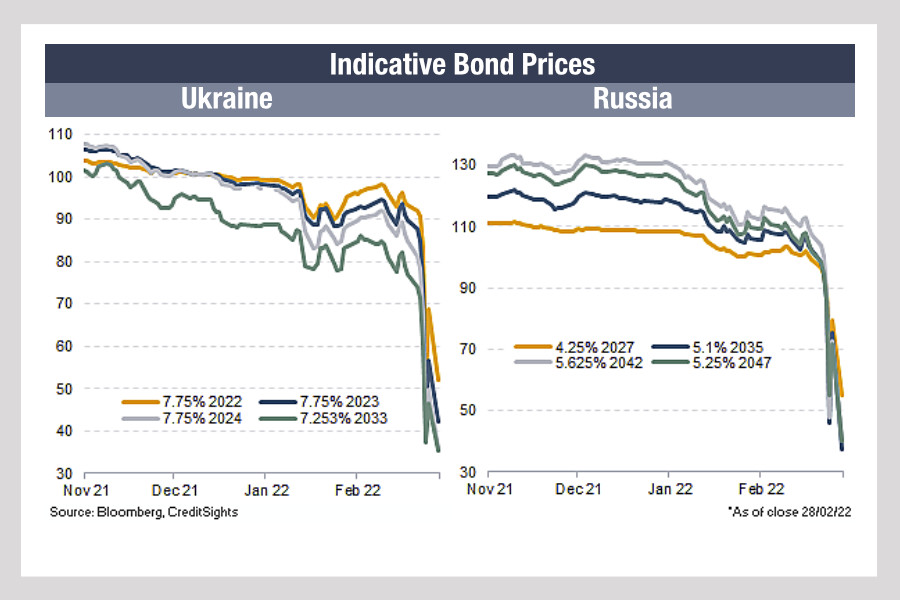The United States District Court, Southern District of New York, has dismissed a court case brought against Bank of America, Barclays, Citigroup, Credit Suisse, Deutsche Bank, Goldman Sachs, JP Morgan, Morgan Stanley, NatWest and Wells Fargo, which alleged that since 1 August 2006, they had “agreed to unreasonably restrain competition in the secondary trading market for odd-lots of corporate bonds in the United States” leading to “artificially higher transaction costs for odd-lot corporate bonds, by way of artificially higher bid-ask spreads.”
The case alleged that increases were of between 25% to 300%. Odd lots are trades of less than US$1 million, while round lots are trades of over US$1 million or a multiple of US$1 million.
“No reasonable economic justification explains the magnitude of the pricing disparity between odd-lot and round-lot trades,” said the document submitted by the plaintiff, Isabel Litovich, a resident of Puerto Rico and a former client of Morgan Stanley.
The case notes that where the firms have worked together they have in some cases “acted in concert against … market evolutions through group boycotts of electronic platforms that would increase pre-trade pricing transparency for retail investors dealing in odd-lots, and they have colluded to shut down odd-lot-focused electronic trading platforms that might have afforded access to retail investors.”
The defendants’ joint previous ownership of electronic bond-trading platform Tradeweb, was cited as an example of alleged collusion, while it is also alleged they had used their “market power as oligopsony [a state of the market in which only a small number of buyers exists for a product] subscribers to Bloomberg’s terminal service and their role as providers of liquidity and order flow to Bloomberg’s electronic corporate bond trading platform in anti-competitive ways “…, specifically, defendants forced Bloomberg to deny and/or delay access to Bloomberg’s TOMS – an essential facility necessary to participate in electronic trading of corporate bonds to platforms such as NYSE Bonds.”
In its finding, the court noted “That several Defendants chose to invest in platforms that appeared as if they might be profitable and might otherwise take business from them proves nothing more than pursuit of the adage: “If you can’t beat them, join them.” It also found that plaintiffs did not allege that any of the joint ventures engaged in conduct as a joint venture that was against that joint venture’s own economic interest or that constituted an unreasonable restraint of trade.
Crucially, the court repeatedly found that “Plaintiffs have not adequately pled facts” in many of its allegations, in some cases undermined their own theories and in points allege in generalities.
For example, it found that where one bank decided not to participate in a platform because others had not; “Not only is the unilateral expression of one market participant insufficient to show the existence of a preexisting agreement not to compete, but it is the expression of a market participant acting its own independent “competitive business strategy.” Id. It would “only be natural,” id., for a market participant such as Bank of America not to devote resources to a start-up platform such as BondsPro unless it thought that others would participate as well and that the platform would enjoy the liquidity that would make trading on it attractive.”
Plaintiffs “fail to . . . plead a single time, place, or person involved in the alleged agreement to boycott ABS/NYSE Bonds” and fail to “allege that any Defendant declined to participate on the platform.”
It also noted that the plaintiffs’ only specific allegation of parallel enforcement conduct was “their claim that two of the eleven defendants — Morgan Stanley and Citibank — each threatened to limit its business with First Tennessee, a regional bank, to punish it for offering narrow spreads for corporate bond transactions.”
The allegation had stated that “When defendant Morgan Stanley learned that Blackrock was providing First Tennessee with axe sheets and allowing it to gain business because of the narrower spreads that it was providing, Morgan Stanley threatened to limit any business that it transacted with First Tennessee and blackball them. Defendant Morgan Stanley took such steps in order to punish First Tennessee for offering narrower spreads for such transactions … Eventually, defendants Morgan Stanley and Citibank learned of these transactions and threatened to limit any business that they transacted with First Tennessee for offering narrower spreads for such transactions.”
In this instance the court found that the claim that “’defendants Morgan Stanley and Citibank learned of these transactions and threatened to limit any business that they transacted with First Tennessee for offering narrower spreads for such transactions,’ can be read to suggest parallel conduct, albeit barely. But the interest of each of them in not doing business with a bank that undercut its own individual pricing and the fact that all that Plaintiffs can allege is that two of the eleven Defendants made such a threat is also inconsistent with conspiracy.”
The plausible inference to be drawn from the plaintiffs’ allegations, the court concluded, is that “any price disparity between the price paid for bonds purchased in an odd lot versus the price paid for bonds purchased in a round lot is the result of natural competitive forces.”


























